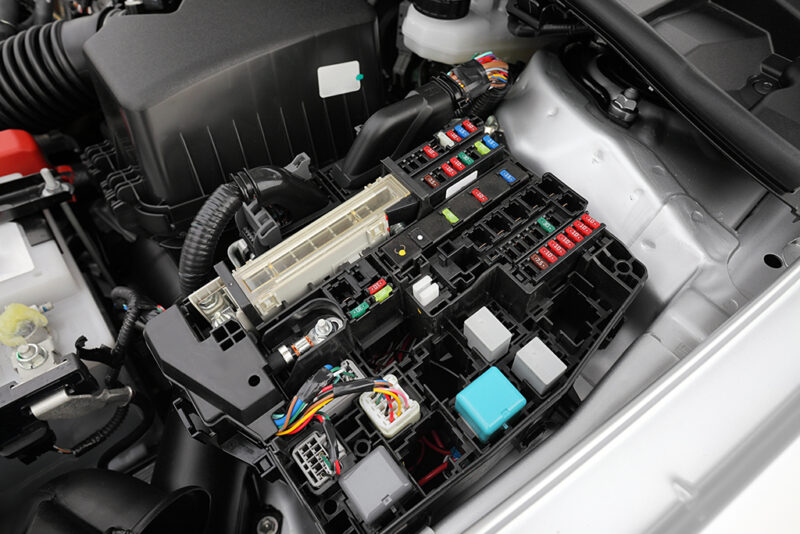It’s common for car owners to experience electrical issues at some point. From faulty wiring and loose connections to a dead battery or alternator problems, common electrical issues can range from minor inconveniences to major repairs.
If you suspect your car has an electrical issue, it’s important to diagnose the problem quickly in order to keep yourself safe on the road.
In this article, we will discuss common electrical problems with cars, how they are diagnosed, and what solutions may be available. We’ll also look at preventative steps that car owners can take in order to avoid common electrical issues in their vehicles.
Table of Contents
Common Electrical Problems with Cars
- Battery Problems: If your car isn’t starting, or you notice that the lights and dashboard are dimming, it could be an indication of a battery issue. A common cause is corroded terminals, which can prevent electricity from getting to the starter motor or charging system. Another common issue is low electrolyte levels in the battery.
- Alternator Problems: The alternator recharges the battery while you’re driving, so if it’s failing it can cause your car to stop running. If the lights and other electrical components in the car begin to dim or flicker, this can be a sign of an alternator going bad.
- Loose or Faulty Wiring: Poor wiring can cause all sorts of electrical issues, from no power to accessories not working. If you suspect that your car has loose or faulty wiring, it’s important to have a qualified technician inspect the vehicle.
Diagnosing Electrical Problems with Cars
In order to diagnose common electrical problems in cars, a qualified technician will use a multimeter to check the voltage from the battery and alternator. They may also test the starter motor, wiring, fuses, relays, and other components for any existing issues.

Solutions for Electrical Problems with Cars
Depending on what part of your car is causing the electrical issue, there are various solutions available. For battery problems, you may be able to clean the terminals and replace the electrolyte in order to fix the issue. Alternator problems can often be solved by replacing faulty parts or recalibrating the alternator. If your car has loose or faulty wiring, it’s important to have a qualified technician inspect and repair any damaged parts before continuing to use the car.
Preventative Steps for Electrical Problems with Cars
There are a few steps that you can take in order to reduce your chances of experiencing common electrical issues in your vehicle.
Ensuring that all bulbs, batteries, and other components are regularly checked and replaced is important.
Additionally, keeping an eye on wiring and connections can help prevent common electrical problems from developing.
It’s also important to regularly inspect the alternator and battery in order to make sure they are functioning properly.
Conclusion
In conclusion, common electrical issues with cars can range from minor inconveniences to major repairs. If you suspect that your car has an electrical issue, it’s important to diagnose the problem quickly in order to keep yourself safe on the road.
It’s also important to take preventative steps such as regularly checking and replacing bulbs, batteries, and other components, keeping an eye on wiring and connections, and inspecting the alternator and battery.
By understanding common electrical problems with cars and taking steps to prevent them, you can avoid costly repairs and keep your car running smoothly.
Nono’s 76

